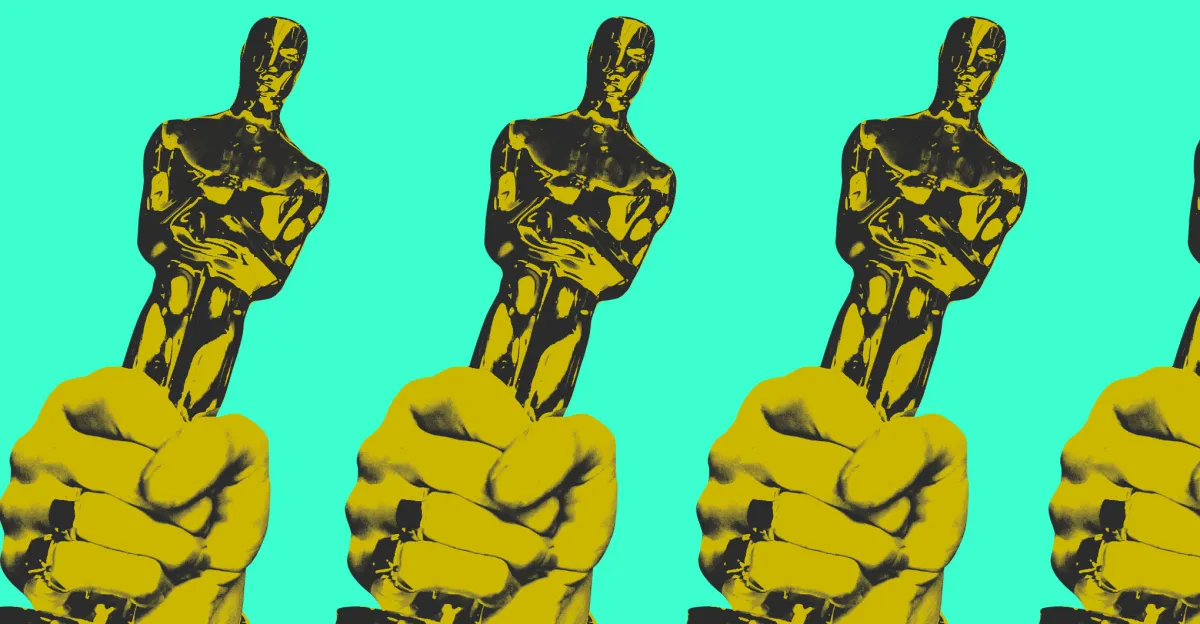This is an excerpt of Sources by Alex Heath, a newsletter about AI and the tech industry, syndicated just for The Verge subscribers once a week.
This week, I got an up-close look at how far apart Silicon Valley and Hollywood are on what to do about AI.
First, at OpenAI DevDay, Sam Altman presented the new Sora app as a gift to content creators. If anything, he suggested, OpenAI was being too censorious by not allowing people to make even more kinds of AI videos.
“On the whole, creators, rights holders, people are very excited about the potential of this,” Altman said during a media Q&A in San Francisco on Monday that I attended. “They believe it will deepen connection. It’s kind of like a new generation of fanfiction.”
The next day, I arrived at Bloomberg’s Screentime event in Los Angeles to hear how media executives, agents, and studio heads felt about the AI meteor that’s heading their way. Sora had just hit 1 million downloads in the App Store and was top of mind for everyone. Altogether, I came away with the impression that Hollywood’s leaders still have no idea what to do about the risk AI poses, and they’re going to be steamrolled by technology that’s moving faster than they can comprehend.
Paramount Skydance CEO David Ellison called AI a “new pencil” to create with
I lost count of how many times a version of the phrase “we care about copyright” was invoked at Screentime like a prayer. At the same time, no one at the event wanted to specifically address the fact that OpenAI clearly trained on their IP without permission and unleashed a product that, at least initially, had no shame in making that clear. The fact that Hollywood’s leaders are unable to share a public perspective on this issue, or more importantly, what they are going to do about it, should be alarming to everyone working in the business.
While onstage, Netflix co-CEO Greg Peters completely dodged a question from Bloomberg’s Lucas Shaw about Sora specifically, and instead waxed about the more boring ways that AI is being used throughout nearly every part of the production process. Paramount Skydance CEO David Ellison also chose to tout the less controversial, tool-like aspect of AI, calling it a “new pencil” to create with. The only executive I heard come close to addressing the real issue on everyone’s minds was Warner Music CEO (and former YouTube exec) Robert Kyncl, who made clear that Warner’s content must be licensed to train on, and that there will be repercussions for those who don’t follow the rules.
It’s not surprising that the music industry has a stronger perspective than, say, the hemming and hawing about AI currently being done by the big talent agencies. The labels are better positioned to take on AI companies as a consolidated group of players who have navigated a version of this problem before with the rise of music streaming. Kyncl went so far as to predict that AI will benefit the music industry long-term, similar to how YouTube eventually solved its copyright problem and evolved into a major distribution platform for the entertainment industry.
He may be right about music specifically, but the lack of collective action from the rest of Hollywood means that the AI companies are poised to keep getting away with asking for forgiveness instead of permission. OpenAI’s decision to train Sora in this manner was a deliberate choice, not an accident, and it showed a complete lack of regard for the implications of sucking up everyone’s content to feed its AI. Altman is simply following the same playbook the tech industry has used in the past to achieve dominance, so who can blame him this time?
By Alex Heath
Source link



